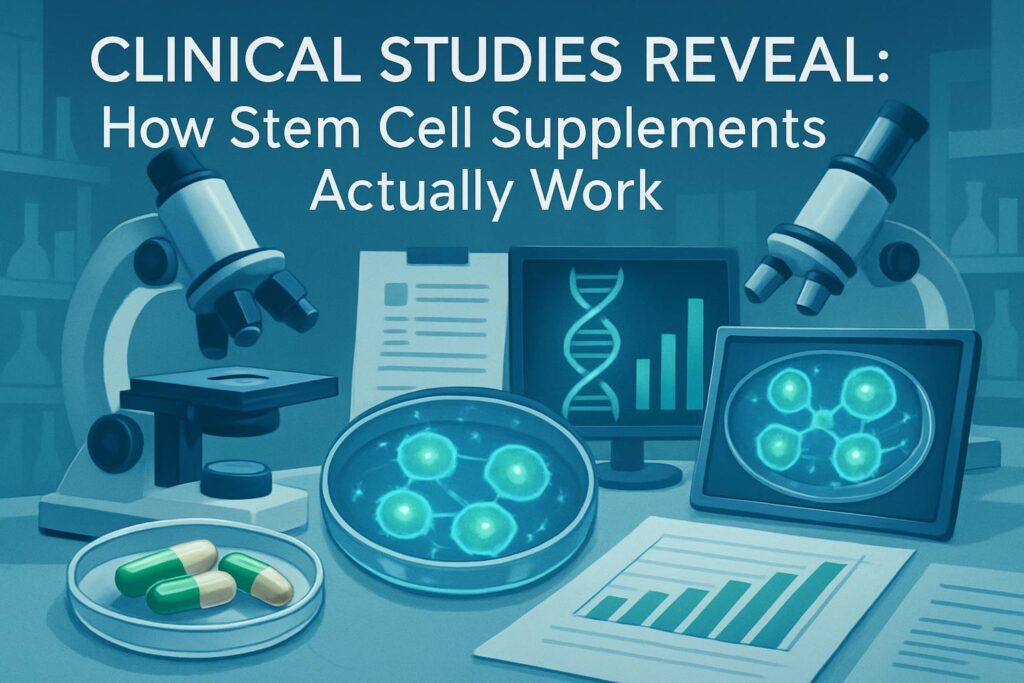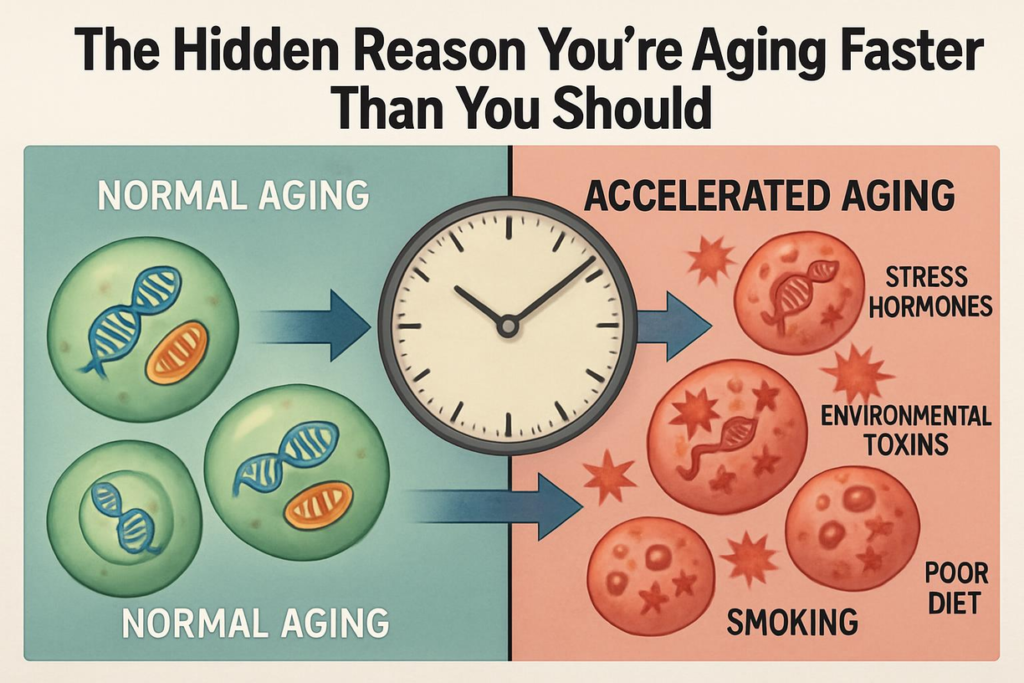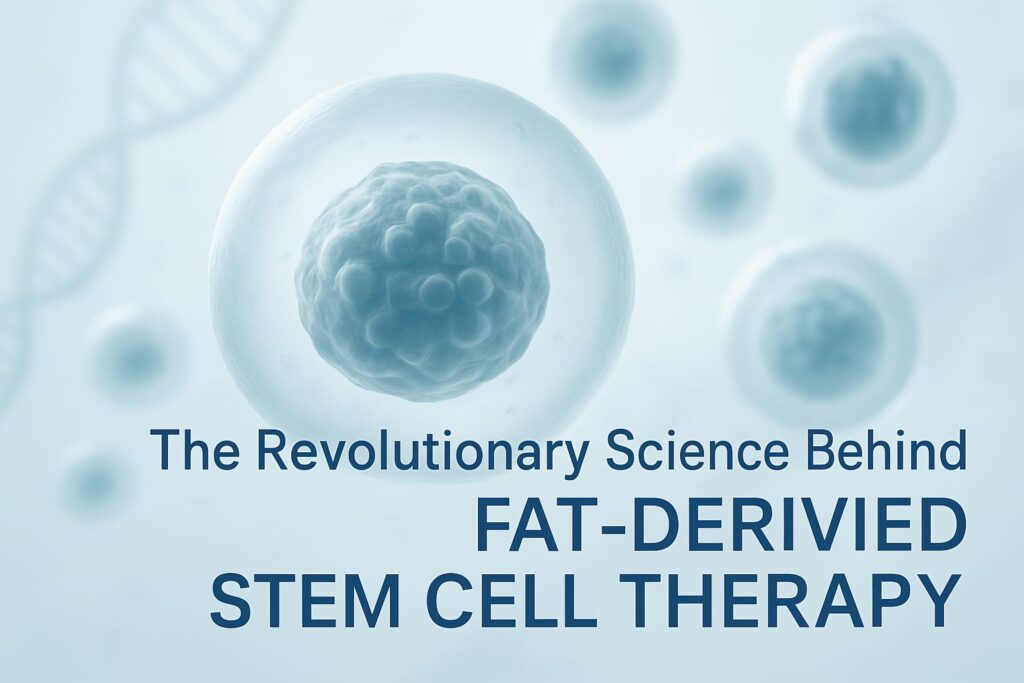In a groundbreaking exploration of the boundaries of life and technology, scientists at the Weizmann Institute of Science in Israel have made a significant leap forward in the field of embryology. The research team, led by Jacob Hanna, has successfully reprogrammed stem cells to form structures strikingly similar to human embryos, a feat that could potentially revolutionize our understanding of the earliest stages of human development.
The video from DW News delves into the intricate process where researchers coaxed stem cells into aggregating into balls of cells, which then morphed into entities resembling two-week-old embryos. These synthetic structures were not the result of traditional fertilization but were instead created from stem cells alone. Although only about one percent of these cell aggregates reached a stage comparable to day 14 of human embryo development, the implications are profound.
The synthetic embryos, while far from being viable for developing into full human beings, offer a tantalizing glimpse into the future of medical research. The potential benefits are vast, ranging from insights into the causes of miscarriage to advancements in the treatment of genetic diseases and birth defects. Moreover, these models could serve as a testing ground for the safety of drugs during pregnancy and might one day lead to the cultivation of tissues and organs for transplants.
However, this scientific milestone is not without its ethical quandaries. The resemblance of these synthetic structures to natural embryos raises uncomfortable questions about the essence of life and the moral implications of such research. The scientists themselves are quick to emphasize the distinction between their models and actual human embryos, yet the debate over how close is too close remains unresolved.
DW News’ science reporter Anna Carthaus provides a nuanced perspective on the issue, acknowledging both the excitement of the scientific community and the ethical dilemmas that accompany such advancements. The research, while not aiming to recreate human embryos or create artificial life, pushes the boundaries of what is possible, prompting society to consider where to draw the line in the pursuit of knowledge.
This development is a testament to the rapid pace of scientific progress, and as we stand on the precipice of new discoveries, it is imperative that we navigate the future with both curiosity and caution. The creation of synthetic human embryos from stem cells marks a significant moment in science, one that could lead to a deeper understanding of human life and its inception, while also challenging us to confront the ethical dimensions of our technological capabilities.



